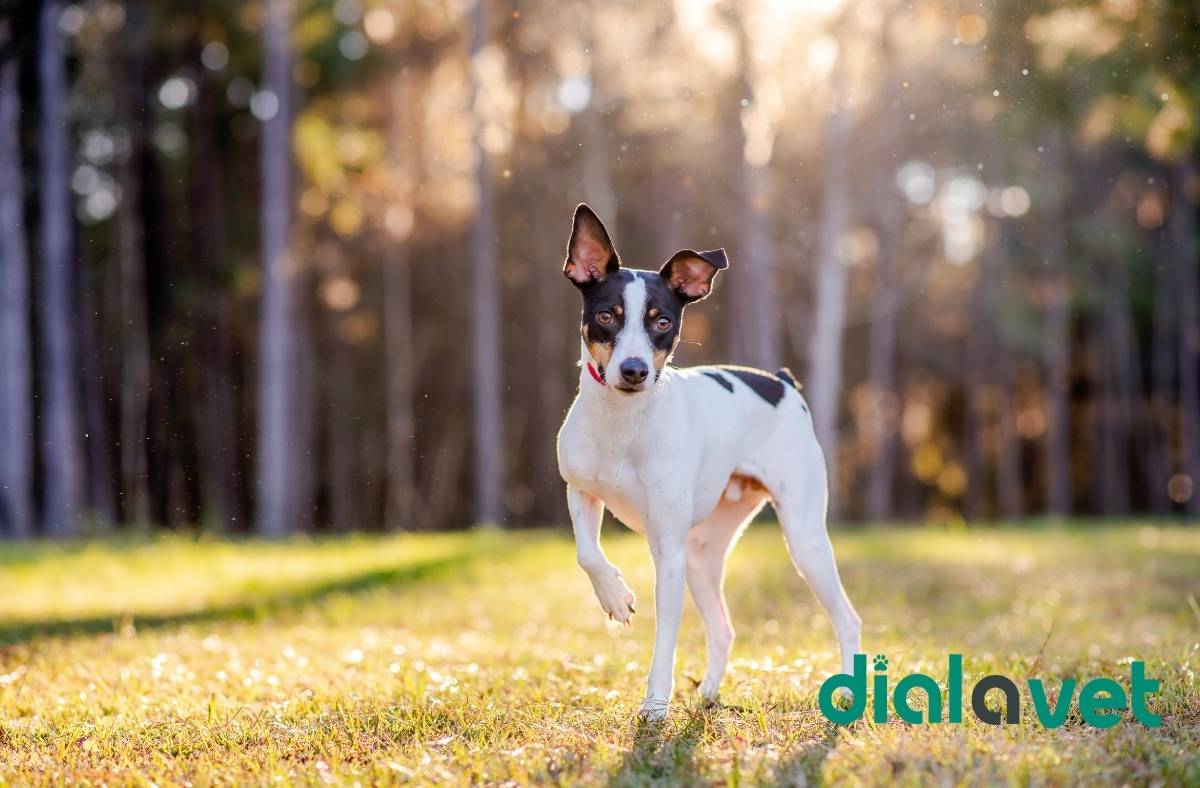Yesterday evening, my dog seemed to have an upset stomach, and a friend suggested I try giving him some chicken and rice as a bland diet. I’m unsure about the right portion size to help settle his stomach without overfeeding him. How much chicken and rice should I be giving to make him comfortable and help his tummy recover?
For a dog with an upset stomach, serving a bland diet of chicken and rice can provide relief. Start with small portions and increase gradually, making adjustments based on your dog's size and appetite.
- For small dogs: Start with 1/4 cup of chicken and rice mixture.
- For medium dogs: Begin with 1/2 cup of the mixture.
- For large dogs: Offer 3/4 to 1 cup of the mixture.
- Feed small amounts every few hours and monitor your dog's response.
This approach matters because a bland diet helps soothe the digestive tract and provides the necessary nutrients while your dog's stomach recovers. Stick to plain, cooked ingredients with no seasoning, as seasoned food could irritate their stomach further.
For more personalized advice or if your dog's symptoms persist, book a consultation with one of our vets at Dial A Vet.
Frequently Asked Questions
- Why is my dog vomiting?
Vomiting in dogs can be due to various reasons, including dietary indiscretion, infections, or stress. If vomiting persists, consult a vet to determine the underlying cause. - How long should I feed my dog chicken and rice?
Typically, a bland diet is recommended for 2-3 days. If your dog's condition improves, gradually reintroduce their regular food over a few days. Always consult your vet if there's no improvement. - Can I add other ingredients to the chicken and rice diet?
Initially, it's best to stick to plain chicken and rice. Avoid adding seasonings or other foods that could upset your dog’s stomach further. Always consult your vet before introducing new foods.
The "Ask a Vet" forum on Dial A Vet offers general information and helpful tips on pet health, but it's
not a substitute for professional veterinary care. The advice here doesn't create a veterinarian-client-patient relationship, and our vets can't diagnose or treat your pet remotely.
For emergencies or specific medical concerns, always contact your local veterinarian immediately. Your pet's health is unique, and decisions should only be made after consulting with a qualified professional. By using this forum, you acknowledge these limitations and agree to seek in-person veterinary advice for all your pet's health needs. View our
content guidelines.



%2520(1).png)
%2520(1).png)



.jpg)








